The PMP and the PMI-ACP are globally recognized certifications offered by the PMI to professionals after they meet the criteria and pass the exam in a controlled environment.
This blog post will compare the PMP Vs PMI-ACP certification and explain which one is more appropriate for you to pursue.
Let’s get started.
PMP Vs PMI-ACP
There is a difference between the PMP certification and the PMI-ACP certification. The PMI-ACP certification emphasizes agile project management techniques, whereas the PMP certification emphasizes traditional and hybrid project management approaches.
Because the PMI-ACP and the PMP are given by the same institute and cover many of the same topics, many professionals find it difficult to choose between the two certifications.
PMP certificate holders bring greater value to the table for an organization that focuses on traditional project management methods. On the other hand, companies working on dynamic projects will find that agile approaches are to their advantage.
What is the PMI-ACP?
The PMI-ACP certification is tangible proof of knowledge and experience with agile approaches such as scrum, Lean, XP, and Kanban, among others.
Agile was designed as an alternative to traditional project management approaches, which were deemed inappropriate for use in software development projects.
This certification is limited solely to covering ideas derived from agile methodology.
Candidates for the PMI-ACP credential are required to demonstrate competence on an exam administered by a computer in a controlled setting.
Benefits of a PMI-ACP
The benefits of a PMI-ACP certification are:
Good Grasp of Agile Methods
The person who holds the credential will understand the agile approaches. When combined with dedication and the appropriate practices, they can guide the project to a successful conclusion.
Standardization and Credibility
Before the PMI-ACP, there was no certification for agile practices; it has now. It has standardized the certification industry and provided credibility in the agile profession.
Added Value
The PMI-ACP certification adds value to credential holders’ careers; this is demonstrated in the huge salary difference between a non-certified project manager and a certified PMI-ACP.
High Premium
Because of their enhanced productivity in completing tasks with little or no supervision, organizations place a premium on individuals with the PMI-ACP certification. This is because they can work with little to no oversight.
Agile Practices
In today’s corporate world, companies use various approaches to project management. With agile, it is easier and provides good coverage of the tools and skills needed; they include Scrum, Kanban, Lean, XP, and TDD.
PMI-ACP Exam Pattern
- The PMI-ACP exam is a multiple choice, it has 120 questions, and the duration is three hours.
- The exam can be attended from the test center or the home.
- The exam is available in different languages for wider coverage, including English, Japanese, Korean, Arabic, Spanish and Portuguese.
PMI-ACP Requirements
- 8 months of agile experience within the last 3-4 years
- 12 months of experience executing projects in the last five years
- A Diploma or Bachelor’s degree
- A minimum of 21 hours of contact hands-on training and practice in agile.
Credential Renewal Requirement
To maintain this certification, a credential holder must earn a minimum of 30 PDUs (Professional Development Units) in a 3-year to complete the CCR cycle.
PMI-ACP Exam Cost
The cost for the PMI-ACP exam depends on factors such as
- PMI-ACP Exam Fee: 435 USD for PMI members and 495 USD for nonmembers
- Training Cost: Approximately 150 USD onward.
- Cost of Study Guides: Depends on your preference.
What is the PMP?
Professionals with prior experience managing projects were eligible to take the Project Management Professional exam through the Project Management Institute (PMI).
The Project Management Professional (PMP) credential is the gold standard in project management and enjoys widespread recognition.
It has been around since the 1990s but was initially only a traditional project management certification in the past. It has been around for a long time since then. In 2018, a tad bit of the agile concept was introduced to it. Then in January 2021, around half of the questions on the PMP certification exam began to focus on agile, accounting for half of the total questions.
Domains of PMP Exam
- People
- Process
- Business environment
Modules of the PMP Exam
- Establishing a team with high performance
- Commencing the project work
- Doing the actual work
- Staying on track
- The business mindset
Advantages of the PMP Certification
- Global Recognition
- Enhanced knowledge
- Increased responsibilities
- Increased project success
- More Salary
Role of a PMP Credential Holder
- Implementing Strategy: A standardized practice with an in-depth understanding of strategic goals is better appreciated by hiring companies and organizations. The PMP certification offers a project manager the advantage of being far more likely to be employed.
- Leadership Role: this is the ability to own up and be responsible for decisions that encourage progress in the right direction. It integrates project management roles with leadership roles.
- Develop and Manage Project Team: A PMP is abreast with new technologies and can relate with other certified persons in the project management field. They can track team skills and improve collaborative efforts to enhance performance.
- Versatility: Being PMP certified helps project managers (PMs) grow their careers by qualifying them to apply for top roles in the best organizations globally as they are experienced in working with a wide range of tools.
The PMP Exam Pattern
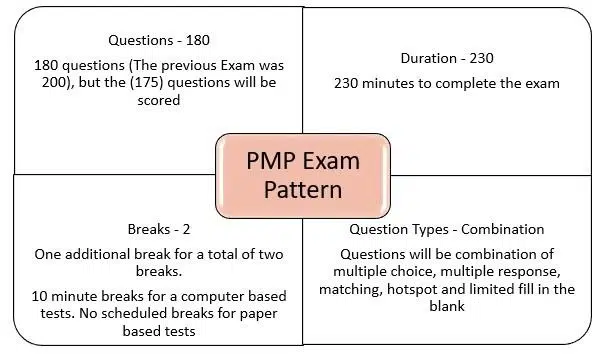
- Application is made within one year of confirming eligibility status.
- It involves 180 multiple-choice questions
- Candidates are allotted 230 minutes to complete the examination.
- The PMP exam content outline and PMP Code of Ethics are the sources from which the exam questions are derived.
- The exam is tested on three domains: people, process, and business environment.
- Options include a CBT and a paper-based test for areas without online testing facilities.
- Results of the computer-based test are seen immediately upon completion as passed or not passed, while the paper-based results are released within four weeks from the exam.
- Proficiency is evaluated and expressed as Above Target, Target, Below Target, and Needs Improvement.
PMP Requirements
- A High-school Diploma or an Associate’s degree or its equivalent.
- Three years experience in project management for degree holders. Diploma holders require five years of experience.
- 35 contact hours of education in project management
Study Guides
You will require the PMBOK Guide, PMP exam reference books, and a PMP exam simulator to prepare for the PMP exam.
Credential Renewal Requirements
Continuous Credential Requirements (CCRs) are needed to maintain the PMP certification, and they include 60 PDUs (Professional Development Units), which should be earned over three years.
The PMP Exam Cost
The PMP certification cost includes:
- PMP Exam Fee: 405 USD for PMI members and 555 USD for nonmembers
- PMP Training Fee: 150 USD onwards.
- Cost of Study Resources: Depends on you.
The PMI membership fee costs around 129 USD for new members and an additional 10 USD as a one-time application fee.
This membership is valid for one year and renewed at 129 USD for another year.
Differences Between PMI-ACP and PMP Certifications
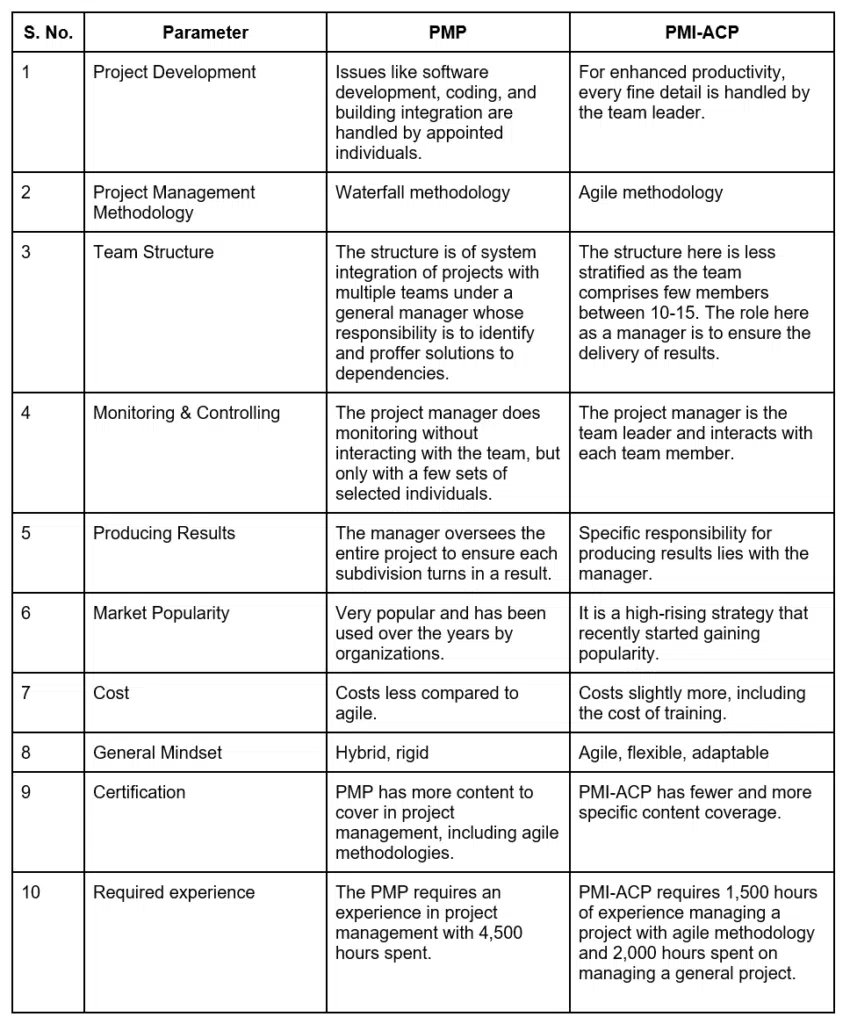
Conclusion
In a project requiring a predictive approach like the waterfall, the PMP certification is useful, while PMI-ACP is the best option for dealing with IT and software projects.
Keep in mind that a significant portion of the PMI-ACP curriculum is included in the most recent PMP Exam Content Outline. Some organizations would prefer for project managers to have a comprehensive understanding of both techniques.
Many professionals are concerned that the PMP would make the PMI-ACP obsolete. This is a genuine worry; yet, some individuals may desire to learn agile throughout their entire careers because there is a possibility that they would never get to work in an environment that utilizes traditional project management.

I am Mohammad Fahad Usmani, B.E. PMP, PMI-RMP. I have been blogging on project management topics since 2011. To date, thousands of professionals have passed the PMP exam using my resources.

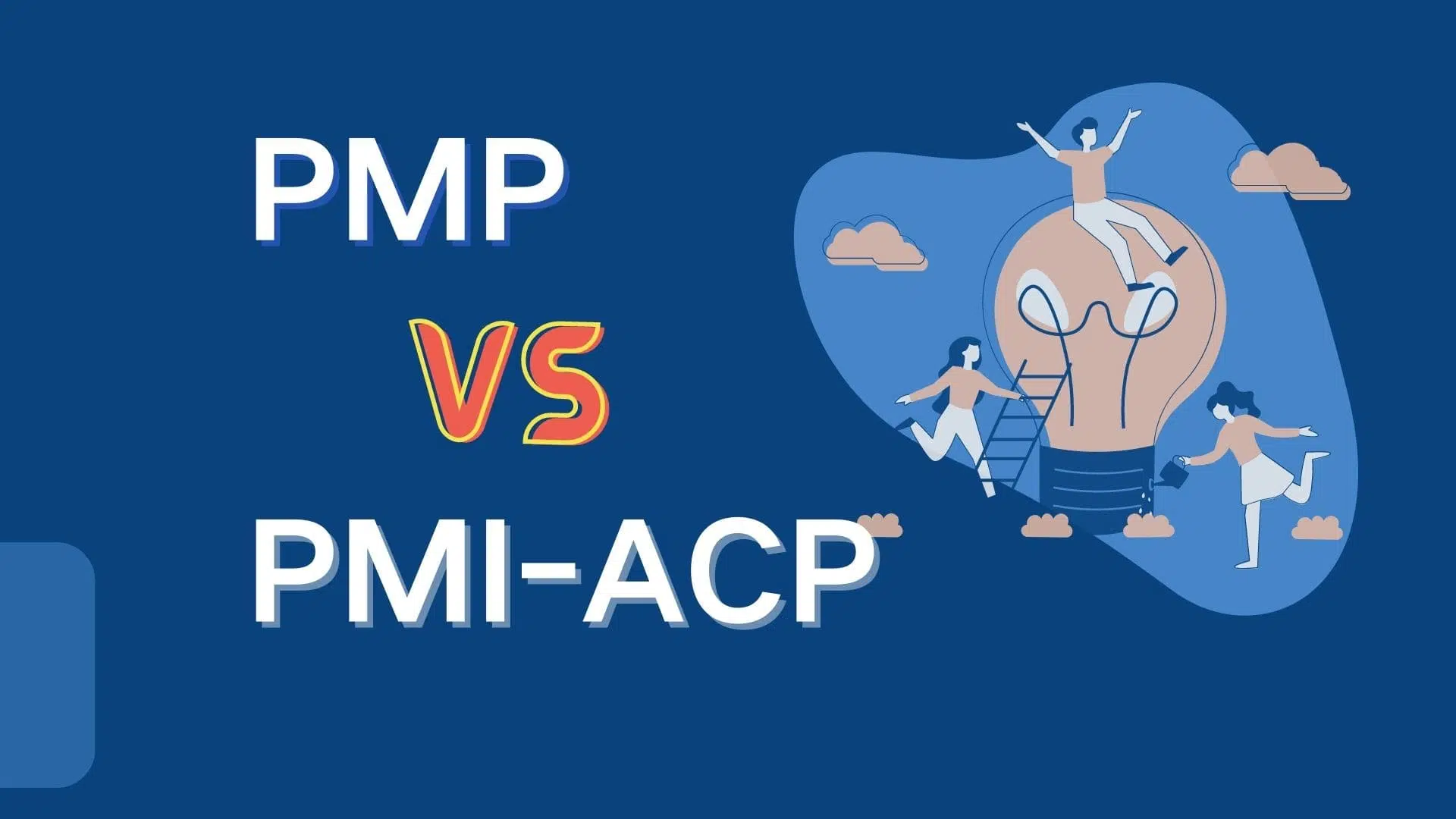
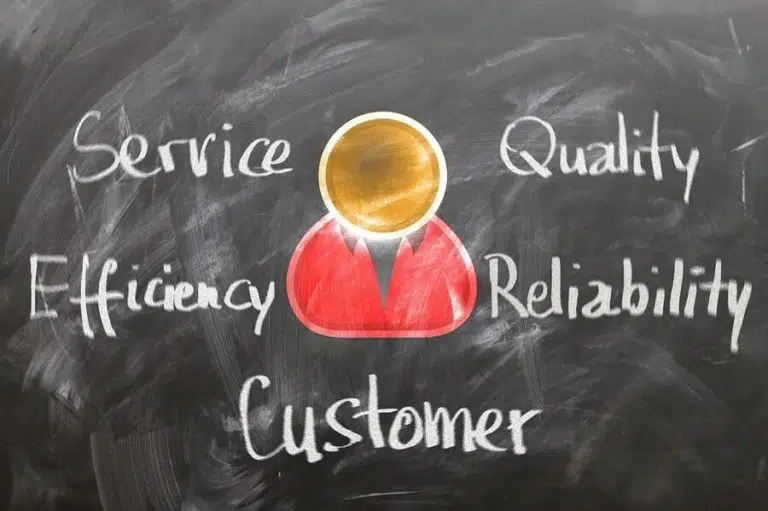
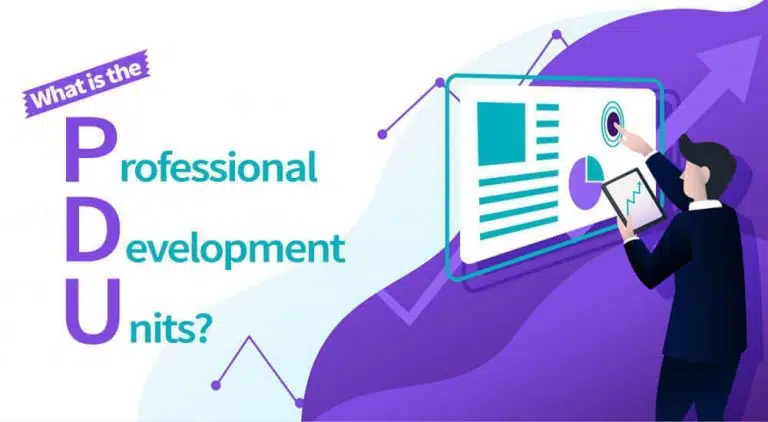
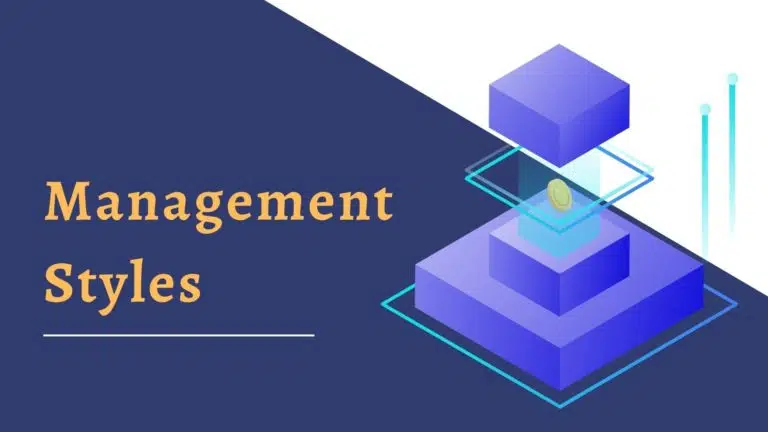
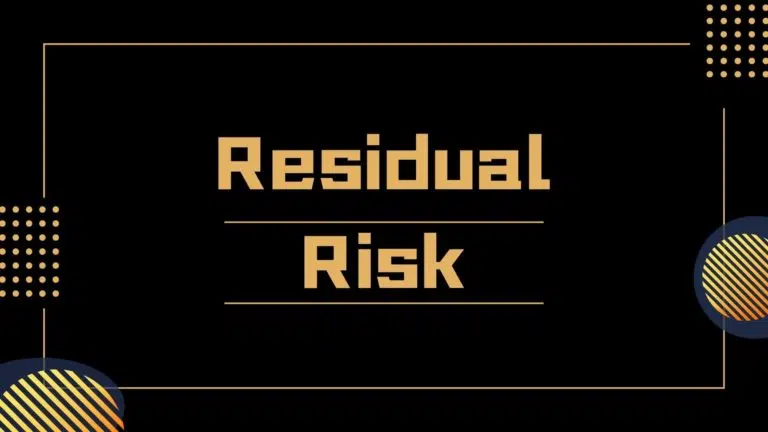
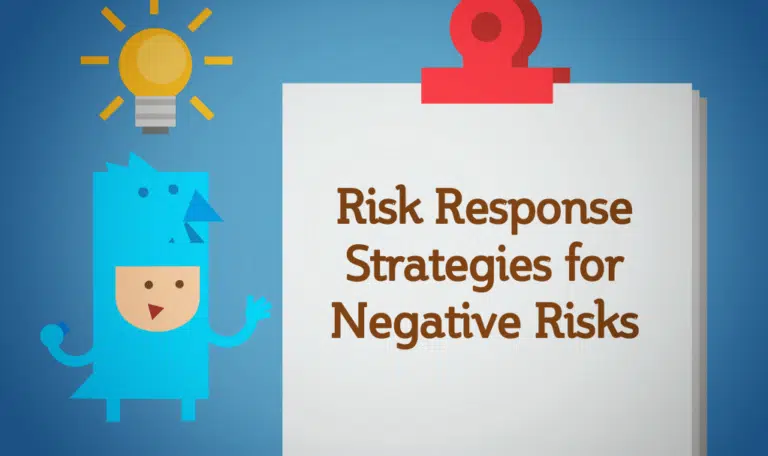
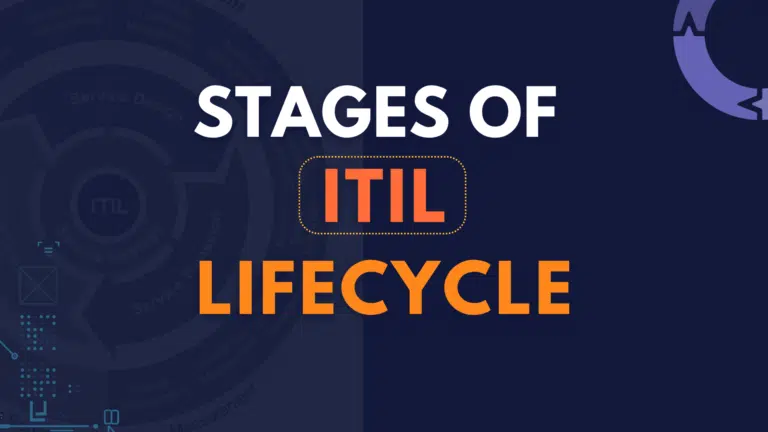
Seems the exam fees for members & non-members just got reversed due some typo ?